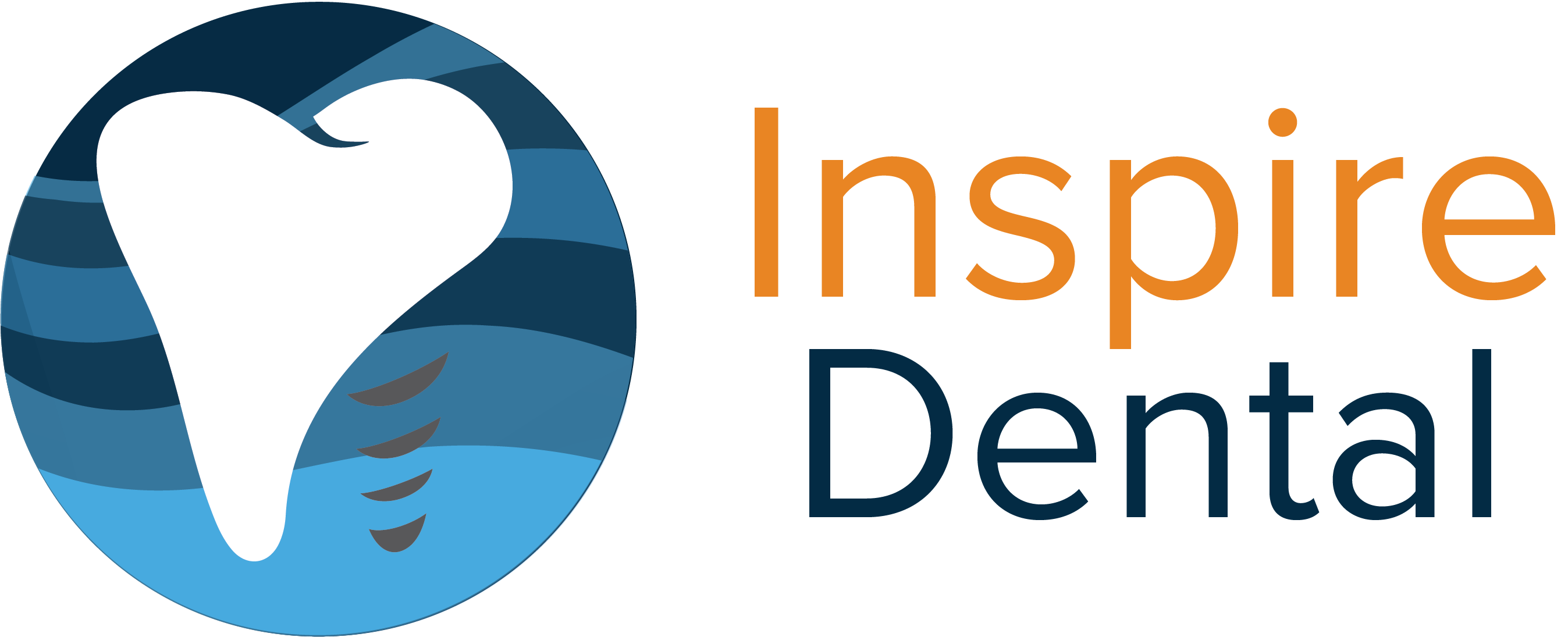Routine dental check-ups are essential for maintaining good oral health. They help prevent dental problems and address any issues early on. Regular visits to the dentist ensure that your teeth and gums stay healthy and that any potential problems are identified and treated promptly.
Key Takeaways
- Routine check-ups are vital for preventing serious dental issues.
- Regular visits help maintain overall oral health.
- Early detection can save time, money, and discomfort.
- Professional cleaning removes plaque and tartar build-up.
- Customized advice from dentists can improve your daily dental care routine.
Why Routine Dental Check-ups Matter
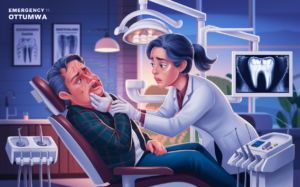
Routine dental check-ups play a crucial role in preventing dental problems and maintaining overall oral health. During these visits, dentists can identify issues like cavities, gum disease, and oral cancer in their early stages, which makes them easier and less expensive to treat.
Preventing Serious Dental Issues
Regular visits to the dentist can help prevent serious dental issues by catching problems early. For example, a small cavity can be treated quickly and painlessly during a check-up, but if left untreated, it can lead to more severe problems such as tooth decay or even tooth loss.
Maintaining Oral Health
Routine check-ups help maintain overall oral health by ensuring that your teeth and gums are in good condition. Dentists can provide professional cleanings that remove plaque and tartar build-up, which can lead to gum disease and other oral health issues if not addressed.
Early Detection and Treatment
Early detection of dental problems during routine check-ups can save you time, money, and discomfort. For example, identifying and treating gum disease in its early stages can help prevent more severe issues such as tooth loss and bone damage.
Components of a Routine Dental Check-up
A routine dental check-up typically includes several components, each designed to assess and maintain your oral health.
Examination
The first part of a routine dental check-up is a thorough examination of your teeth, gums, and mouth. The dentist will look for signs of cavities, gum disease, and other oral health issues. They may also take dental X-rays to get a more detailed view of your teeth and jaw.
Professional Cleaning
A professional cleaning is an essential part of a routine dental check-up. During this process, the dentist or dental hygienist will remove plaque and tartar buildup from your teeth, which can help prevent gum disease and tooth decay. They will also polish your teeth to remove surface stains and make your smile look brighter.
Oral Health Education
During a routine check-up, your dentist will provide you with personalized advice on how to maintain good oral health. This can include tips on brushing and flossing techniques, dietary recommendations, and information on dental products that can help keep your teeth and gums healthy.
Frequency of Routine Dental Check-ups
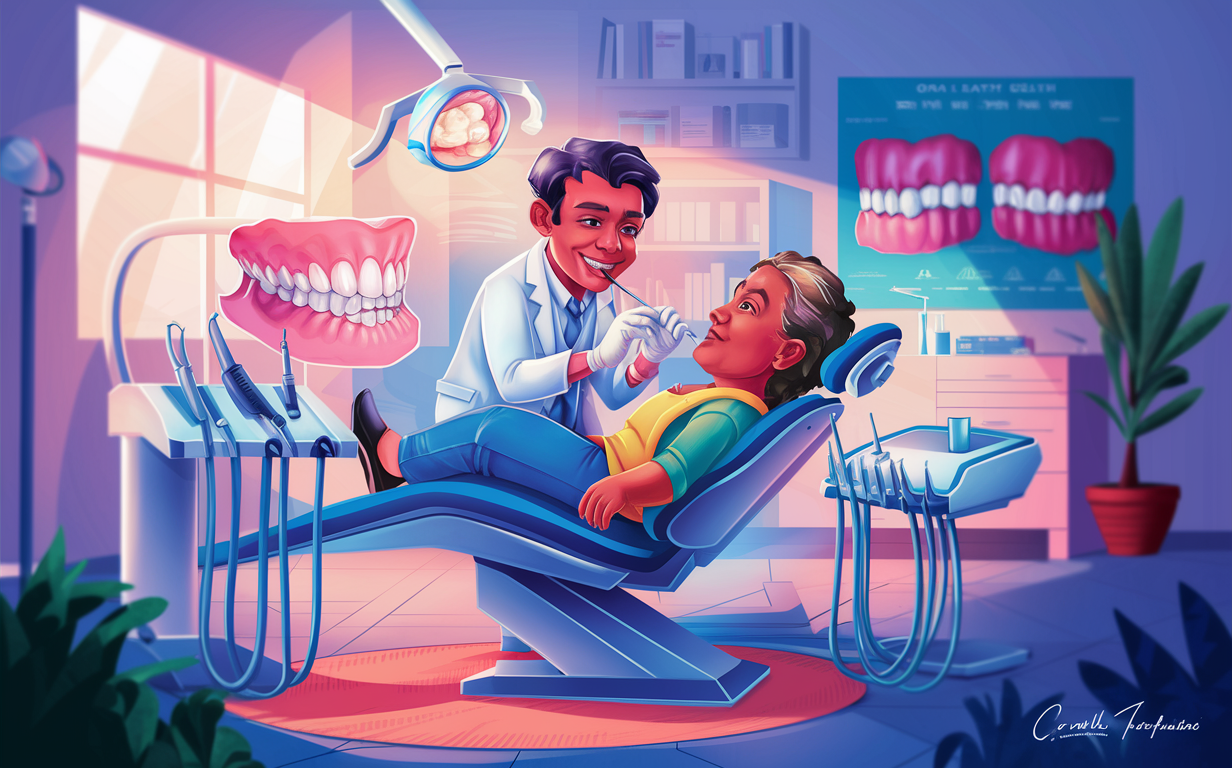
The frequency of routine dental check-ups can vary depending on your individual oral health needs. However, most dentists recommend visiting the dentist every six months for a check-up and professional cleaning.
Factors Affecting Frequency
Several factors can affect how often you need to visit the dentist for a routine check-up. These include:
- Age: Children and older adults may need more frequent check-ups.
- Oral health: If you have a history of dental problems, you may need more frequent visits.
- Lifestyle: Smoking, poor diet, and other lifestyle factors can increase the need for routine check-ups.
Personalized Dental Care
Routine dental check-ups provide an opportunity for your dentist to offer personalized advice and treatment plans tailored to your specific oral health needs.
Customized Treatment Plans
During a routine check-up, your dentist will develop a customized treatment plan based on your oral health needs. This can include recommendations for preventive care, such as fluoride treatments or dental sealants, as well as treatment for any existing dental problems.
Personalized Oral Health Tips
Your dentist can also provide personalized tips for maintaining good oral health between check-ups. This can include advice on brushing and flossing techniques, dietary recommendations, and information on dental products that can help keep your teeth and gums healthy.
Common Dental Issues Detected During Routine Check-ups
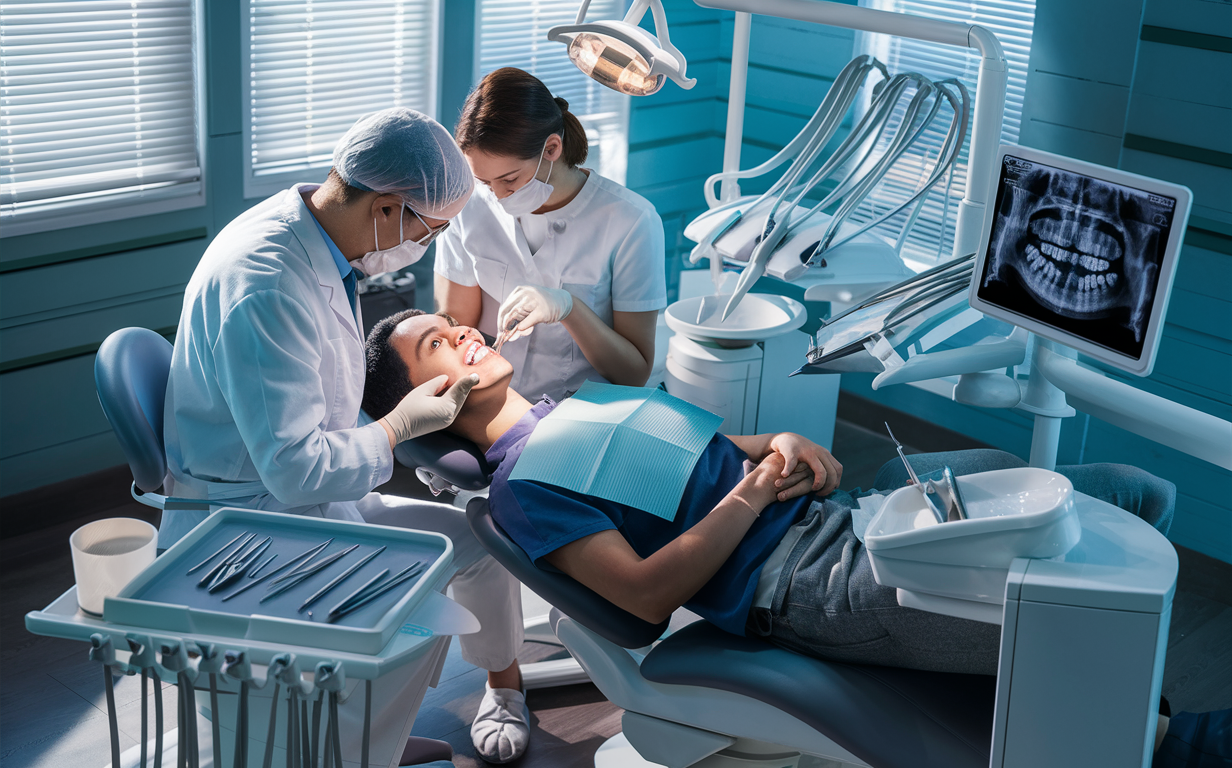
Routine dental check-ups can help detect a range of common dental issues, allowing for early treatment and prevention of more severe problems.
Cavities
Cavities are one of the most common dental issues detected during routine check-ups. They occur when plaque builds up on your teeth and produces acids that erode the enamel. Early detection and treatment of cavities can prevent more severe tooth decay and the need for more invasive treatments like root canals.
Gum Disease
Gum disease is another common issue detected during routine check-ups. It occurs when plaque and tartar build up on your teeth and cause inflammation of the gums. If left untreated, gum disease can lead to tooth loss and other serious health issues. Early detection and treatment can help prevent these complications.
Oral Cancer
During a routine check-up, your dentist will also screen for signs of oral cancer. Early detection of oral cancer can significantly improve the chances of successful treatment. Your dentist will look for abnormalities in your mouth, such as sores, lumps, or discolored patches.
Benefits of Routine Dental Check-ups
There are several benefits to maintaining regular dental check-ups, including improved oral health, early detection of dental problems, and personalized care.
Improved Oral Health
Routine dental check-ups help improve your overall oral health by ensuring that your teeth and gums are in good condition. Regular professional cleanings remove plaque and tartar build-up, which can prevent gum disease and tooth decay.
Early Detection of Dental Problems
Early detection of dental problems during routine check-ups can save you time, money, and discomfort. By identifying issues like cavities, gum disease, and oral cancer in their early stages, your dentist can provide prompt treatment and prevent more severe complications.
Personalized Care
Routine dental check-ups provide an opportunity for your dentist to offer personalized care and advice tailored to your specific oral health needs. This can include customized treatment plans, preventive care recommendations, and tips for maintaining good oral health between check-ups.
The Role of Technology in Routine Dental Check-ups
Advancements in dental technology have improved the effectiveness and efficiency of routine dental check-ups.
Digital X-rays
Digital X-rays are a common tool used during routine dental check-ups. They provide a detailed view of your teeth and jaw, allowing your dentist to identify issues like cavities, tooth decay, and bone loss. Digital X-rays are also faster and expose you to less radiation than traditional X-rays.
Intraoral Cameras
Intraoral cameras are small, handheld devices that allow your dentist to take detailed images of your teeth and gums. These images can help your dentist identify issues like cavities, gum disease, and oral cancer. Intraoral cameras also allow you to see what your dentist sees, helping you better understand your oral health.
Tips for Maintaining Good Oral Health Between Check-ups
In addition to routine dental check-ups, there are several steps you can take to maintain good oral health between visits to the dentist.
Brushing and Flossing
Brushing and flossing your teeth regularly are essential for maintaining good oral health. Brush your teeth at least twice a day with fluoride toothpaste, and floss at least once a day to remove plaque and food particles from between your teeth.
Healthy Diet
A healthy diet can also help maintain good oral health. Limit your intake of sugary and acidic foods and drinks, which can erode your tooth enamel and lead to cavities. Instead, focus on eating a balanced diet rich in fruits, vegetables, whole grains, and lean proteins.
Avoiding Tobacco Products
Tobacco products can have a significant negative impact on your oral health, increasing the risk of gum disease, oral cancer, and tooth loss. Avoid using tobacco products to maintain good oral health.
Comparison of Dental Check-up Components
| Component | Purpose | Frequency |
|---|---|---|
| Examination | Assess overall oral health and identify issues | Every 6 months |
| Professional Cleaning | Remove plaque and tartar build-up | Every 6 months |
| Oral Health Education | Provide personalized oral health advice | Every visit |
Benefits of Routine Dental Check-ups
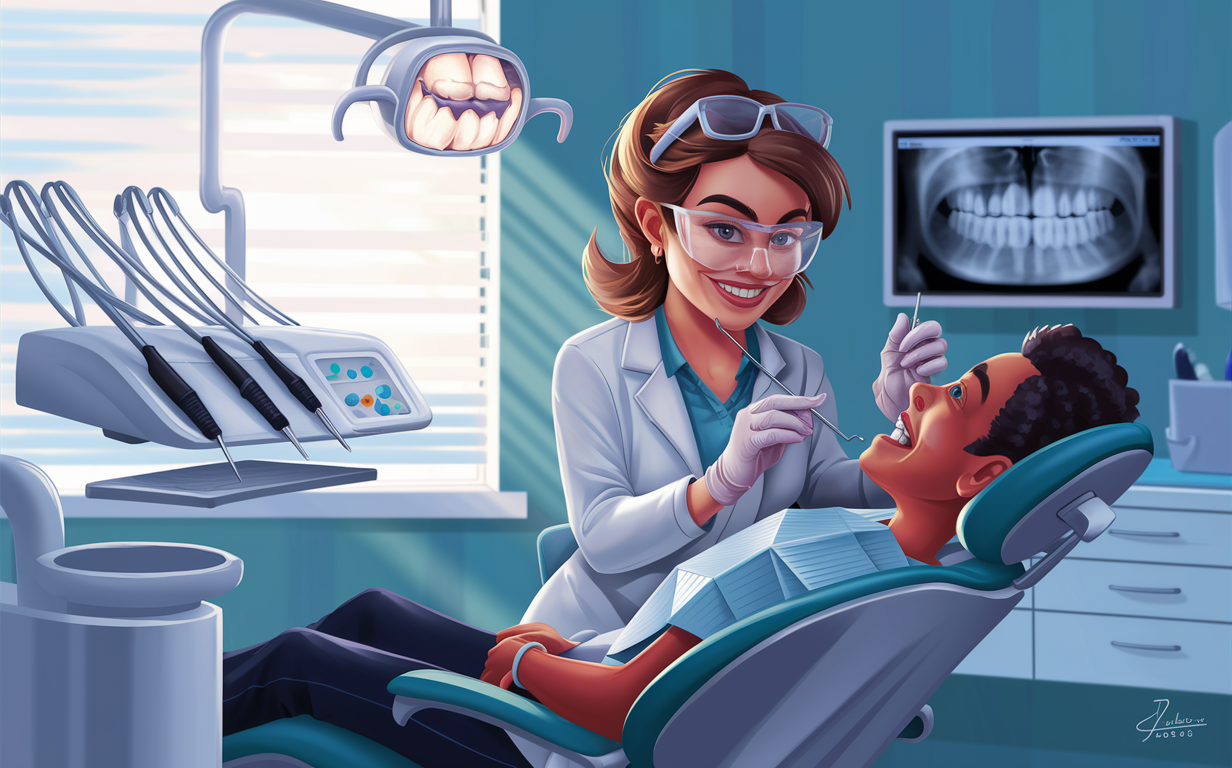
| Benefit | Description |
|---|---|
| Improved Oral Health | Regular check-ups help maintain healthy teeth and gums |
| Early Detection of Problems | Identifying issues early can prevent more severe complications |
| Personalized Care | Customized treatment plans and advice based on individual needs |
| Professional Cleaning | Removing plaque and tartar build-up to prevent gum disease and tooth decay |
| Oral Cancer Screening | Early detection of oral cancer can improve treatment outcomes |
Tips for Maintaining Good Oral Health
- Brush your teeth at least twice a day with fluoride toothpaste.
- Floss at least once a day to remove plaque and food particles.
- Limit your intake of sugary and acidic foods and drinks.
- Eat a balanced diet rich in fruits, vegetables, whole grains, and lean proteins.
- Avoid using tobacco products to reduce the risk of gum disease, oral cancer, and tooth loss.
Conclusion
Routine dental check-ups are essential for maintaining good oral health, preventing serious dental issues, and ensuring early detection and treatment of problems. By visiting your dentist regularly, you can enjoy a healthy, beautiful smile and avoid the discomfort and expense of more severe dental problems.
Make routine dental check-ups a priority for you and your family, and take the necessary steps to maintain good oral health between visits. For more information, you can visit our website or contact us.
